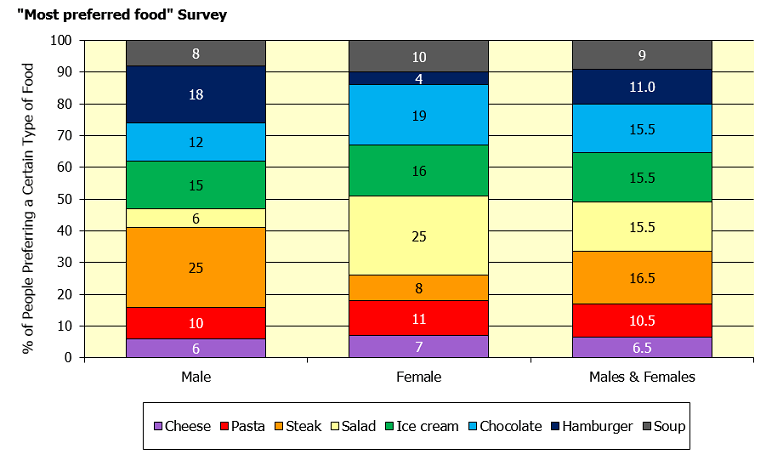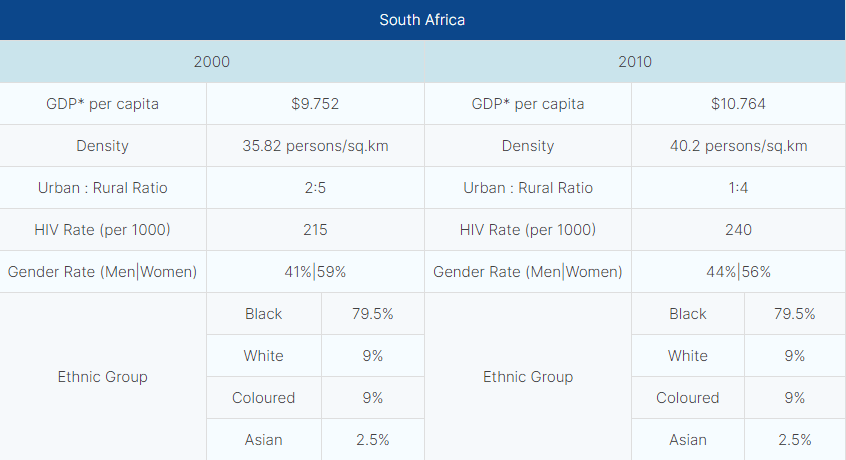 Civil Service Numerical Test (CSNT): Sample Questions & Practice Tests
Civil Service Numerical Test (CSNT): Sample Questions & Practice Tests
As one of the largest employers in the UK, the Civil Service offers a broad range of positions in the public sector, from administrative services to law enforcement and healthcare. As such, the hiring process for the Civil Service included multiple steps in determining the suitability of the candidates for the job.
The Civil Service Numerical Test (CSNT), also known as the Numerical Reasoning Test (NRT), is among the most common ability tests of the Civil Service and is often taken together with the Civil Service Verbal Test (CSVT). The CSNT is a numerical reasoning test designed to assess your ability to perform calculations and analyse numerical information. The test's adaptivity and scoring system make passing the test a challenging task.
To help you ace your test, we've built a PrepPack that covers both the Civil Service Numerical Test (CSNT) and the Civil Service Verbal Test. The pack includes detailed guides and accurate practices for all difficulty levels – from basic to advanced.
On the following page, you will learn all you need about the Civil Service Numerical Test (CSNT), with sample questions, detailed explanations, and solving tips.
Civil Service Tests PrepPack
- 10 Numerical reasoning practice tests
- 3 numerical reasoning video study guides
- 11 Verbal reasoning practice tests
- Verbal reasoning video study guide
- True/False/Cannot say guide
What Is the Civil Service Numerical Reasoning Test?
The Civil Service Numerical Test (CSNT) is a psychometric test that assesses your numerical reasoning skills and aims to ascertain your ability to evaluate numerical information, perform calculations, and solve mathematical problems.
The test, which is taken online, is adaptive, meaning that as you go through the test, the difficulty of the questions varies, depending on your performance – if you answer correctly, the next question will be more difficult, and if you answer incorrectly, the next question will be easier. This self-adjusting style of the test ensures it will be challenging for anyone who takes it, regardless of their level in maths. By the end of the assessment, every test-taker should converge on a level of difficulty that best describes their true ability.
You will be presented with graphs and tables that contain numerical information, followed by a multiple-choice question. You will need to identify and choose the correct answer.
You are allowed to use a calculator.
The CSNT has no time limit and usually takes up to 45 minutes. Your score will not be impacted by how long you take.
Let’s see how it looks!
Civil Service Numerical Test Questions Sample Questions
CSNT Sample Question #1
Let’s start with an easy one –

If 12,000 people participated in this survey, how many of them chose soup?
CSNT Sample Question #2
Now let’s move on to something a bit more complicated –

What is the value of 500 British pounds in Brazilian Real, using the Yen exchange rate?
CSNT Sample Question #3
Let’s see a more challenging one –

*GDP -Gross Domestic Product
In 2010 there were 5,880,483 more women than men.
What was the total GDP in 2010?
How to Prepare for the Civil Service Numerical Test?
To receive a high score Civil Service Numerical Test, you first need to refresh your mathematical skills. Then you need to familiarize yourself with the test’s types of questions and its unique challenges. With the proper preparation materials tailored especially for the Civil Service Numerical Reasoning Test, you can improve your mathematical abilities, learn how to approach the questions, and do all the required calculations, from the easiest to the hardest.
About to take the Civil Service Numerical Test? Check out our PrepPack! It includes all the preparation needed to pass the Civil Service Numerical Test and the Civil Service Verbal Test!
What Is a Good Score on This Numerical Reasoning Test & Can You Fail It?
Your Civil Service numerical reasoning test score is calculated by the number of questions you answered correctly, with each question affecting the score relative to its difficulty level.
Then, your score is compared to a group of representatives at the same occupation and organisational level as the position you applied for and will be presented as a percentile out of 100%. This means that if your percentile score is 45, you scored higher than 45% of the representatives in the group.
After the test deadline, the sum of all candidates' scores will determine the test's passing mark.
If you pass the test at the minimum passing mark, your score will be banked for six months. This means you can apply to other Civil Service jobs without retaking the test. If you didn’t receive the passing score or it has been more than six months since taking the test, you will need to retake it when applying for other positions.
Civil Service Numerical Test (CSNT) Tips
For many people, the CSNT is the gatekeeper between them and their chosen careers. This thought alone can induce test anxiety, which is a natural human response to any test, let alone a fateful one. Here are a few helpful tips to reduce anxiety:

Don’t rush
Since the Civil Service Numerical Test has no time constraint, and the time it takes you to complete doesn’t affect your score, you can take your time and not rush to submit your answer. Read the question carefully, pay attention to the data, validate your calculations, and go through all the possible choices before moving on to the next question.

Eliminate unnecessary information
Graphs and table questions can be loaded with details irrelevant to the questions you’ve been asked. Read the question before approaching the data; it will make it easier for you to locate the relevant information.

More than numbers
The numbers are not all that matters; the purpose of this test is to see how you use the numbers to reach the answer. Make sure you dominate all the basic calculation methods so you will be able to identify and perform the one you need.
To ace the Civil Service Numerical Test, you need not only to master mathematics at all difficulty levels but also to be prepared for these particular types of questions and their challenges.
JobTestPrep’s preparation PrePack is tailored specifically for the Civil Service Numerical Test with three preparation guides, and 10 accurate practice tests that cover all difficulty levels.
What Other Civil Service Tests I’ll Likely Need to Take?
During your recruitment process for the Civil Service, you may be asked to take one or more aptitude tests, depending on the position and its requirements.
Below is a list of all the Civil Service ability tests –
- Civil Service Judgement Test (CSJT)
- Civil Service Numerical Test (CSNT)
- Civil Service Verbal Test (CSVT)
- Civil Service Management Judgement Test
- Civil Service Work Strengths Test
Create Your Custom Assessment Prep Kit
Job-seeking can be a long and frustrating process, often taking months and involving numerous pre-employment tests and interviews. To guide you through it, we offer a Premium Membership.



